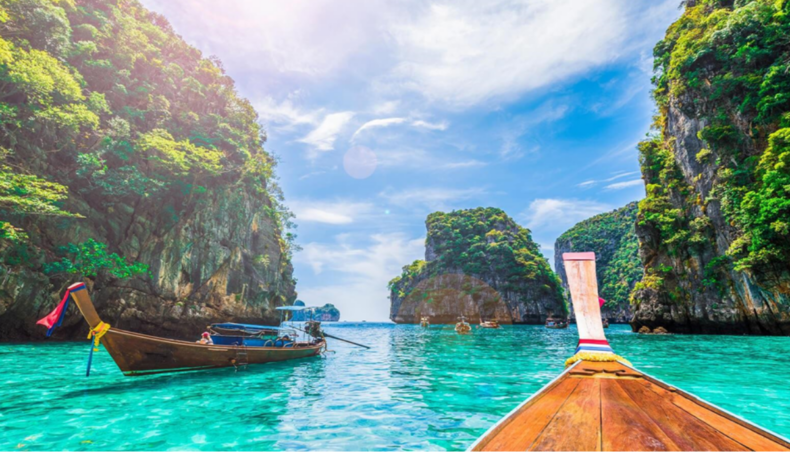As they wait to be resettled in a third country, refugees who fled a military crackdown in Myanmar are in hazardous conditions in Thailand.
In May, a group of families from Myanmar gathered on their property to celebrate the start of the rainy season as a thunderstorm blew across a border village in Thailand.
Children raced around until their clothes were soaked, while men chewed betel and drank tea from the porch. A woman in a sarong brought out the shampoo and bathed her hair.
It was a brief respite for the family, who are all refugees, though they appreciated the time away from the oppressive heat.
Politicians, community organizers, governmental workers who refused to serve under the military regime, and regular residents were drawn into the pro-democracy movement all came from quite different backgrounds.
Their tales are similar in that they all fled their homes after the military coup in February of last year, entered Thailand illegally, and then made a request for humanitarian protection from the UNHCR.
They are among the 288 Myanmar refugees that the UNHCR in Thailand has referred for resettlement consideration to governments of third countries since the start of 2021 because they are unable to safely return to Myanmar or remain legally in Thailand, which does not recognize refugees living outside of camps.
This figure may possibly include those who fled previous waves of persecution and bloodshed by entering Thailand prior to the coup.
There is no established time frame for the resettlement screening procedure, and some of the families Al Jazeera spoke to indicated that they started the procedure more than a year ago.
Due of their undocumented status, they hardly ever leave the boundaries of their enclave as they wait.
There is no established time frame for the resettlement screening procedure, and some of the families Al Jazeera spoke to indicated that they started the procedure more than a year ago.
Due of their undocumented status, they hardly ever leave the boundaries of their enclave as they wait.
They have fostered enduring connections as they observe the seasons changing side by side, lamenting the things they had to leave behind and looking forward to the future.
They have fostered enduring connections as they observe the seasons changing side by side, lamenting the things they had to leave behind and looking forward to the future.
A Baptist minister from Myanmar’s Karen ethnic group named Saw Htoo remarked, “We got here, met one other, and created a community. We have common ground, which makes it simpler for us to address our issues.
He and the other refugees mentioned in this article have been given fictitious names, and their whereabouts have been kept secret for security concerns.
‘Urban Migrants’
Since seizing control of the government in Myanmar 17 months ago, the military has made an effort to eradicate dissent and crush popular opposition to its authority.
While the military has reacted to the escalating armed resistance movement by targeting neighborhoods with bombings, artillery fire, and arson, soldiers and police have shot and killed hundreds of nonviolent protestors.
According to a UN monthly humanitarian update released in June, 40,000 people crossed into India and 758,000 people have left their homes since the coup. Nearly 800,000 people have fled their homes overall.
In response to inquiries through email, Morgane Roussel-Hemery of the UNHCR’s Thailand office informed Al Jazeera that as of June 22, the Thai government had no knowledge of any refugees from Myanmar residing on the Thai side of the border. The report makes no mention of refugees in Thailand.
She continued by saying that the Thai government was in charge of the nation’s reaction to migrants at the border. In March of last year, the Thai government set standard operating procedures stating that all refugees were to be placed in “temporary safe locations” under Thai army control.
Roussel-Hemery, once more citing the Thai government, stated that although 20,000 people had been living in these locations as of June 22, every single one of them had returned to Myanmar “when the violence apparently subsided”.
She told Al Jazeera that the UNHCR had not been given permission to assess the need for protection before returning refugees.
Human Rights Watch and Fortify Rights, among other rights organizations, have claimed that Thai officials have occasionally turned away Myanmar refugees and prevented them from crossing the border; the Thai government has refuted these allegations.













